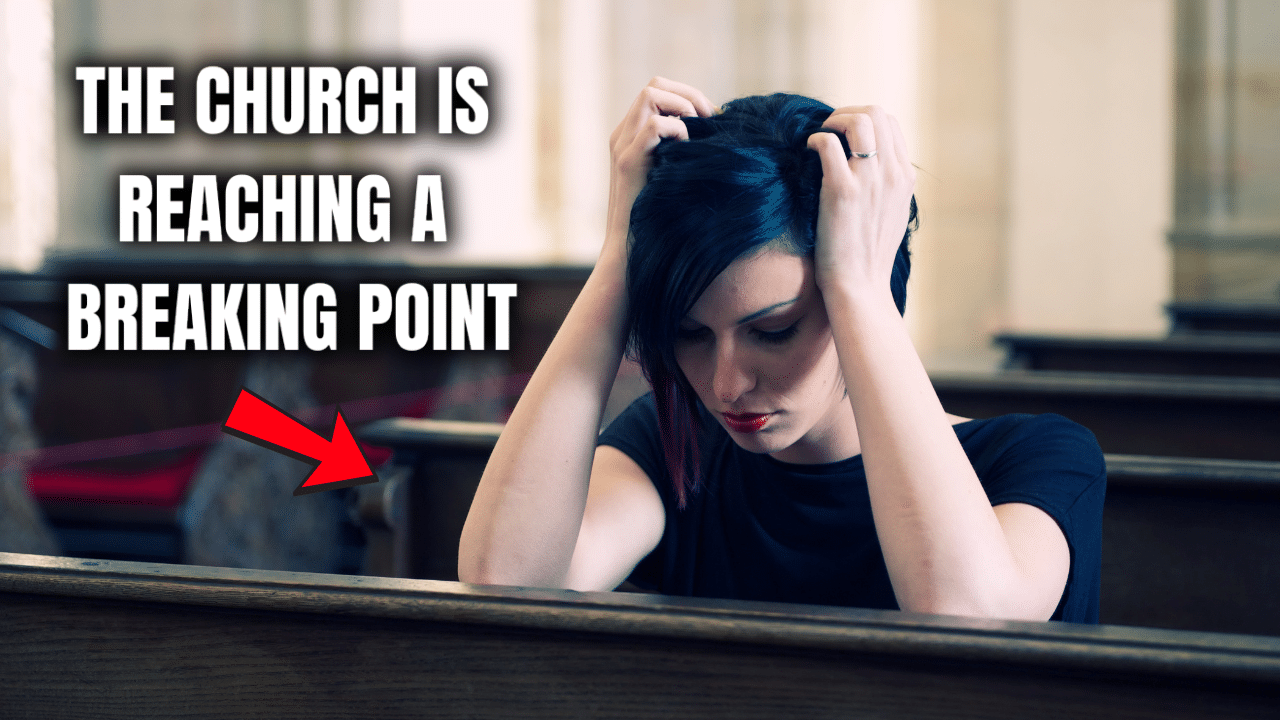Worries about the economy, conflicts abroad and uncertainty over the election pushed readers toward the publication in droves. Bible sales are up 22% in the U.S. through the end of October, compared with the same period last year, according to book tracker Circana BookScan. By contrast, total U.S. print book sales were up less than 1% in that period.
“People are experiencing anxiety themselves, or they’re worried for their children and grandchildren,” said Jeff Crosby, president of the Evangelical Christian Publishers Association. “It’s related to artificial intelligence, election cycles…and all of that feeds a desire for assurance that we’re going to be OK.”
Cely Vazquez, a 28-year-old artist and influencer who has appeared on the reality TV show “Love Island USA,” recently bought her first Bible—one from the “She Reads Truth” line—at Barnes & Noble.
“I’ve had Bibles that my mom gave me, but I felt I needed my own to start my own journey, that it symbolized I was starting a walk with God,” she said. “I felt something was missing. It’s a combination of where we are in the world, general anxiety and the sense that meaning and comfort can be found in the Bible.”
Bethany Martin, manager of the Faith & Life Bookstore in Newton, Kan., said she is selling to lots of first-time Bible buyers. “They’re looking for hope with the world the way it is, and the Bible is what they’re reaching for,” she said.
Faith & Life’s website offers more than 270 Bibles, including a $95 leather-bound giant-print option and a $7.99 pocket-size New Testament.
Others sell graphic novel Bibles, reference Bibles in a rainbow of color options, versions intended specifically for men and teens and early readers, audiobooks, and even one bound in goatskin, priced at $832.50.
In March, President-elect Donald Trump endorsed the “God Bless the USA Bible,” which sells online for $59.99 and isn’t included in Circana BookScan figures.
Oklahoma’s education department recently purchased more than 500 of those Bibles for local schools, the Tulsa World reported, referencing copies of purchase orders.
The demand for Bibles is rising despite evidence that the country is growing increasingly secularized.
The Pew Research Center found that about 28% of adults in the U.S. now consider themselves religiously unaffiliated. Yet Bible sales rose to 14.2 million in 2023 from 9.7 million in 2019, and hit 13.7 million in the first 10 months of this year.
Readers are also stocking up on related titles that provide guidance, insights and context—even sets of stickers to flag particularly meaningful passages. Sales of other holy books such as the Hebrew Bible, the Qur’an and the Bhagavad Gita are included in broader categories and aren’t broken out separately by Circana BookScan.










